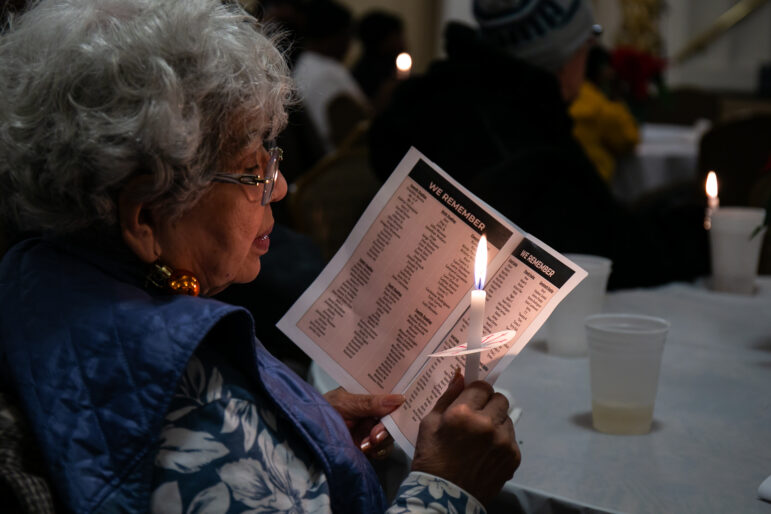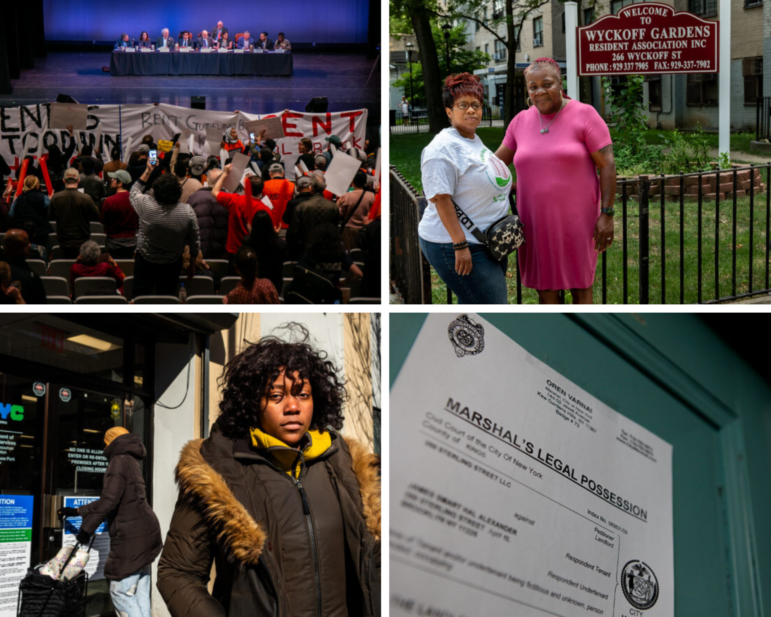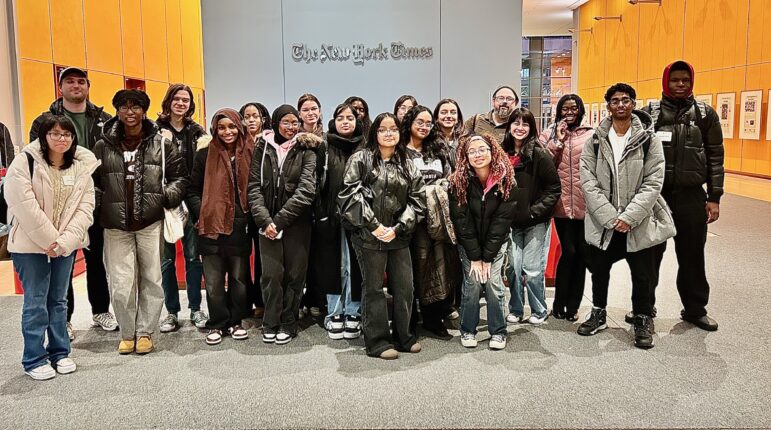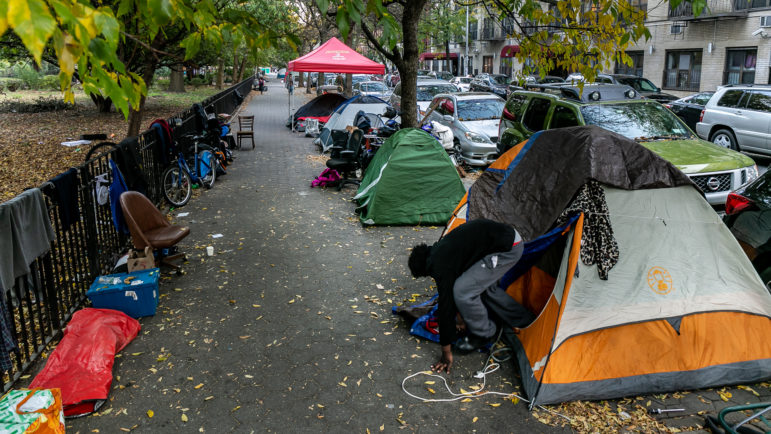The curly-haired woman in the front row raises her hand as the meeting is called to order. “I see that on this agenda, the controversial ‘points of unity’ that we fought about last time has been pushed down to item 6,” she says to the 300 political activists gathered at the Judson Memorial Church on Washington Square to build a lasting anti-war coalition, or so they hoped.
“I propose we move discussing this point to number 1 on this agenda because it is number 1 in figuring out where we stand on these issues. Can I get a second?”
“I second the motion,” one man shouts.
“How can you second a motion?” comes another cry, “A motion hasn’t even been made.”
“I’m confused,” says another.
After an hour of outbursts and calls for order, for the first time, someone mentions the word “Afghanistan.”
“My name’s Eric,” he says. “I’m a ballet dancer and I normally don’t go to those meetings, but isn’t the question here, really: How do we stop this war?”
Facing a conflict that began unlike any in recent history–with a massive attack on U.S. soil–the priorities and goals of the peace movement have been conflicted and tense. After holding a rally in Union Square Park in early October, a large coalition of peace activists calling themselves New York Not In Our Name convened this meeting at Judson Church to build momentum. But as soon as they all got into the room together, they remained stumped about what, exactly, they want from the United States government.
One faction feels that if Osama bin Laden is captured, he should be tried before an international tribunal. No, no, say the more radical of the radicals like the Black Radical Congress. No such impartial international court exists, they say, adding that words like “vengeance” and “vindication” should be kept out of the group’s mission statement since U.S. foreign policy is in part responsible for the terrorist attacks.
With members discouraged by the lack of order and consensus, the next meeting drew a far smaller crowd–50 at best. For over an hour, they debated the merits of a 90-second versus three-minute speaking limit. A few people questioned the integrity of the coalition. Soon after, in the flurry of motions, someone sitting in the back mentioned the word “action.”








